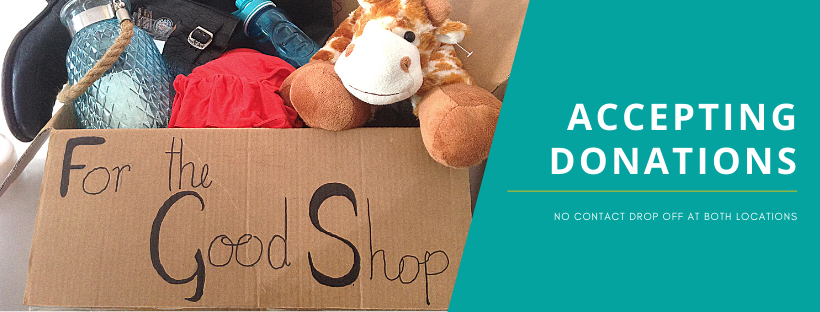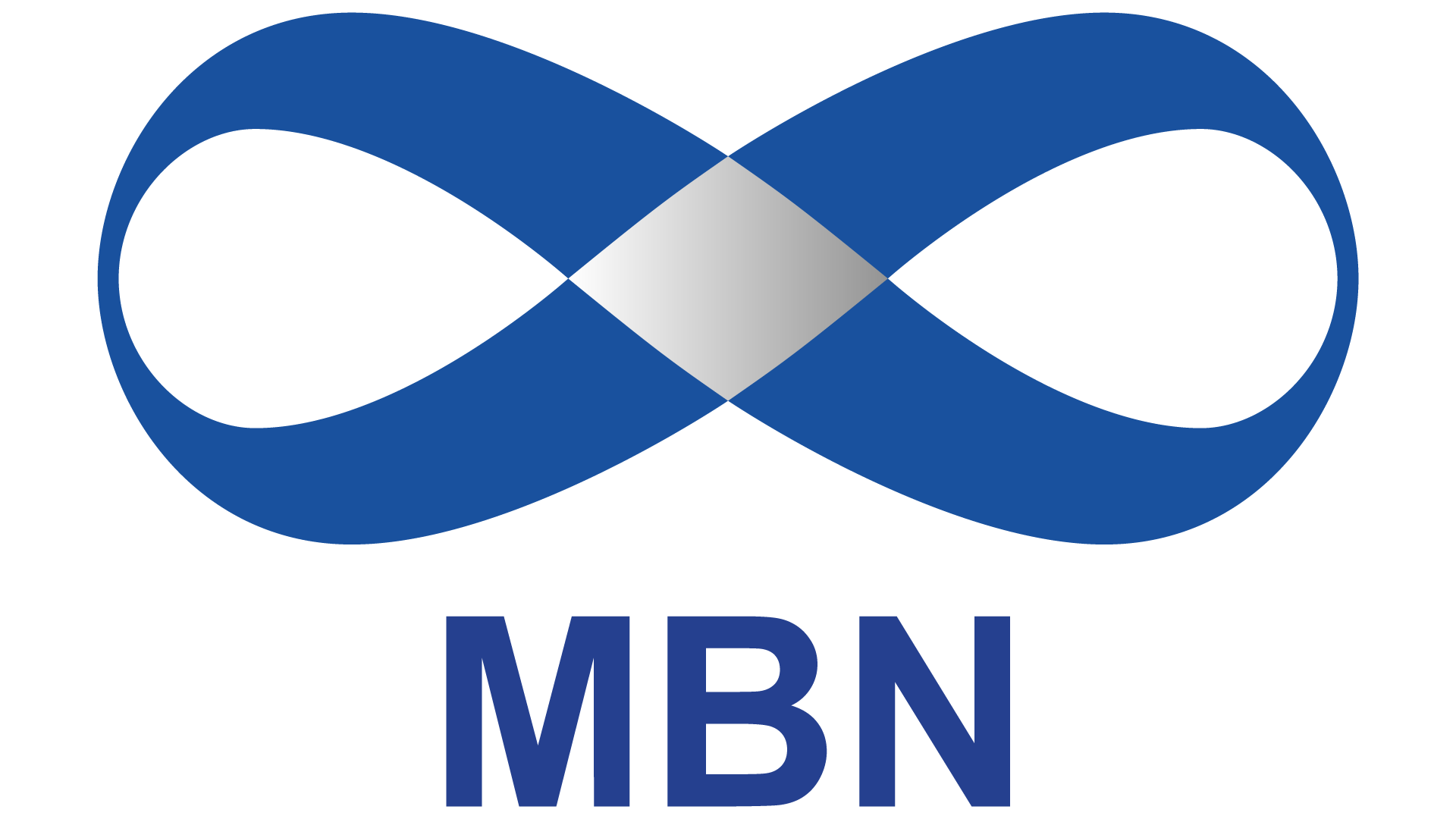
Doing things differently works
2021-08-31 02:26:30 • Daisy YipTong-Grenade
In less than 2 years, The Good Shop has built a loyal customer base through our three shops in Calebasses, Curepipe, and Belle Rose, our online shop, our repair/renewal workshop, and our various events. People like us for various reasons: the great quality items we offer at affordable prices, our very popular quarterly sales, the convenience we offer around unused items, the eco-friendly aspect of our activities, among other things. We are very grateful for the support, but we think most people often miss the real reason we exist.
We are here to show that doing things differently works. In our humble and short history, we have been able to show that secondhand shops can become popular in Mauritius, that waste can be turned into opportunities for others, that people who are often overlooked when hiring can bring a lot of value to a team, that a business can be socially and environmentally proactive — and all of this within a financially self-sustaining model.
But why do we even need to do things differently in the first place? I don’t know if you have noticed, but the current system is not working anymore. Or maybe it was built to only work for the Jeff Bezos of society. Today, our systems started in the 20th century or before: economic growth, capitalism, mass consumerism. The theories we are still following today were not created for today’s world and challenges. For instance, W.W. Rostow wrote The Stages of Economic Growth in 1960, in which mass consumerism is the last stage. Being at the last stage right now, we need to start thinking about what is next — before crashing.
The Good Shop is a social enterprise, which means we follow a business model that contributes all its revenue to social and environmental causes. An enterprise whose mission is to have a positive impact on our local community and on the planet, which happen to be the aspects often neglected by typical business models. Traditionally, businesses put profit before people or environmental concerns. For example, this could look like not doing anything to protect the biodiversity and people’s livelihood just to get insurance money. We are trying to flip that mindset. We are using “profit” to help people and the environment.
It works because we are still satisfying that customer’s need to have the lowest prices, while being able to fund education opportunities for children, hire people with barriers to employment, provide a supportive working environment, and fund activities and workshops that benefit the environment. All of that relying mainly on donations from the community. This is something the capitalist mindset of having private property could not see coming, that the convenience around decluttering could be linked to helping people in need get scholarships and jobs. A social enterprise bridges the gap between private companies and charities, and creating this “dynamic balance” is the way forward according to Kate Raworth, the creator of the doughnut economy.
The doughnut economy is a circular model that has outlined a social foundation and an ecological ceiling. Basically, for the human race to thrive, we need to make sure that everyone has their basic needs met, while staying within the limits of the planet we live in. And the focus is on thriving, not growing. For Kate Raworth, doing things differently is the only way forward at this point. Otherwise, people will increasingly live below the social foundation and we will keep crossing the ecological ceiling; both mean failure and destruction. The Good Shop is our attempt to stay in that “sweet spot,” to stop depending on unending growth.
But the goal is to create “regenerative and distributive economies,” and The Good Shop cannot do everything to reach that. We are not the only social enterprise in Mauritius — we don’t want to be. And like Raworth puts it, this challenge is going to take “all the ingenuity that we can get.”
So how will you do things differently today to help humanity to thrive?
References:
